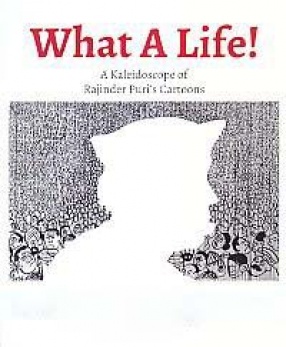
Partha Chatterjee

Showing all 19 books



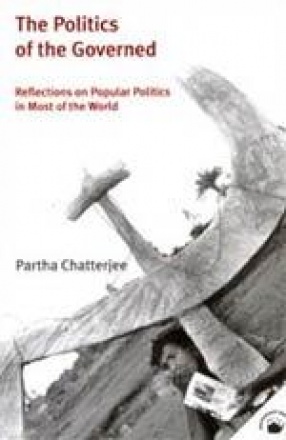

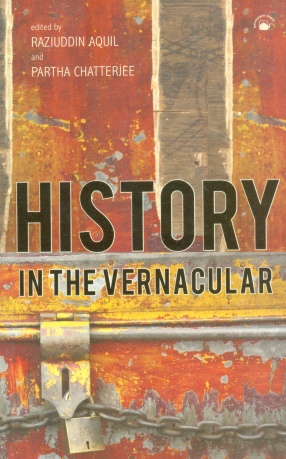

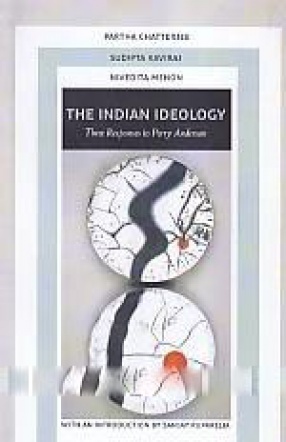
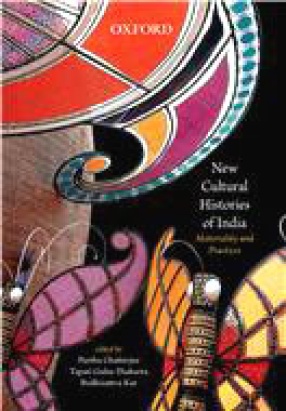
The essays in this volume describe certain major fields of cultural practice—textual, visual, aural, ritual, and spatial—in which the twin tasks of dealing with the material and the representational, or of explanation and interpretation, have been tackled in the recent historiography of India. Thus, it explores the continuous morphing of the cultural into the worlds of the social and political—the central idea of the book—and brings into a ...

This volume is a comparative study of democracy in India and the United States, using as its basis Alexis de Tocqueville's landmark study Democracy in America. It frames the comparison in terms of the distinct trajectories of the United States and India the former as moving 'from equality' at birth towards new forms of inequality over time, and the latter moving 'towards equality' from an inegalitarian social order at independence. Examining the experience of ...
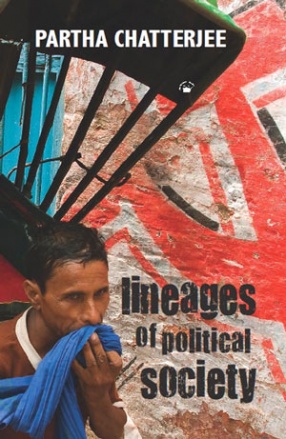
In Lineages of Political Society the eminent political theorist Partha Chatterjee reveals the emergence of a new theory of postcolonial democracy. As against earlier ideas about the nature of democracy—which grew predominantly out of notions and practices in the West—Chatterjee powerfully argues that the theory now in evidence is not merely a record of the imperfections and immaturity of democracy in the non-Western world. On the contrary, it has ...

Journalist, poet, and dramatist, Anil Saari was one of the earliest and best-known film critics in India. Saari began writing on the nature and popularity of Hindi cinema more than thirty years ago, much before this cinematic genre gained credibility in academic circles.A passionate advocate of Hindi cinema, Anil Saari emphasized the value of its popularity as well as its roots in Indian folk theatre traditions. Hindi Cinema, a collection of Anil Saari's ...
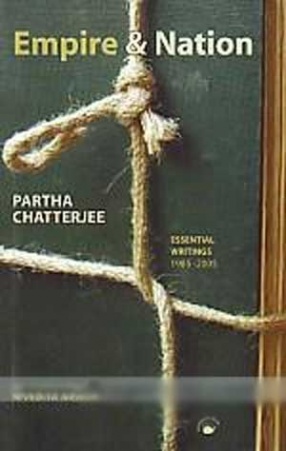


This volume brings together historians and anthropologists to reflect on the place of history within present-day conditions. The central focus is on aspects of the popular, on the ways in which the popular relates to the scientific, the professional, the aesthetic, the religious, the legal, and the political. The essays in this book represent a critique of the disciplinary practices of history. They share some of the impulses that had earlier produced movements ...
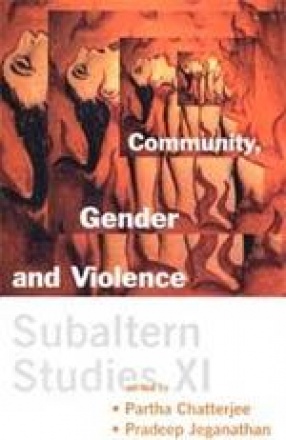
"In its early phase, Subaltern Studies dealt extensively with community and violence in the context of peasant uprisings. Once the problem of peasant involvement in the modern politics of the nation had been posed, complexities in that relationship began to emerge. A new dimension was introduced when the relationship between community, gender and national politics came to be taken seriously. The present volume confronts the whole range of new issues raised ...
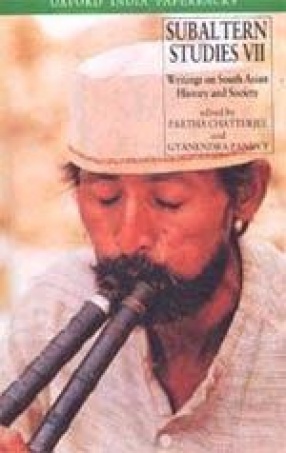
Nation, community, religion and language are the main themes which run through the writings in this volume of Subaltern Studies. Sudipta Kaviraj identifies some of the narrative modes through which the nationalist consciousness in India imagined a historical past for the nation. Partha Chatterjee looks at the way the new middle class of Calcutta constructed the figure of Sri Ramakrishna. Ranjit Guha discusses the use of caste sanctions in the Swadeshi and ...
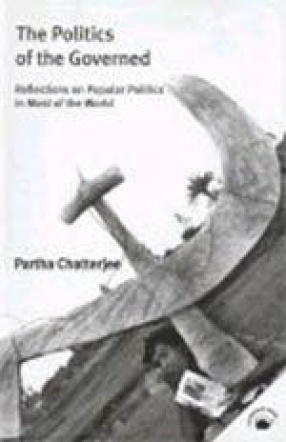
Often dismissed as 'rumblings of the street', popular politics is where political modernity is being formed today, argues Partha Chatterjee. The rise of mass politics across the world has led to the development of new techniques of governing population groups. On the one hand, the idea of popular sovereignty has gained wide acceptance. One the other, the proliferation of security and welfare technologies has created modern governmental bodies that administer ...
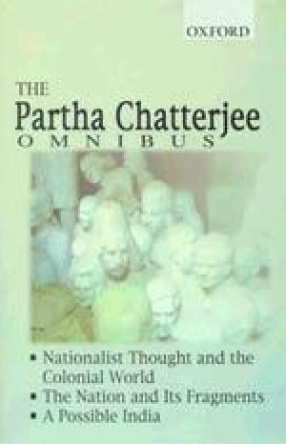
This omnibus comprises three of Partha Chatterjee's finest works and marks a significant phase in the intellectual journey of one of India's foremost political scientists. The common thread that unities the three books is the principal object of study which is the existing nation-state. The first, Nationalist Thought and the Colonial World traces the 'ideological history' of the Indian nation-state from its conception to its fruition. The Nation and Its ...

Often dismissed as 'rumblings of the street', popular politics is where political modernity is being formed. The rise of mass politics across the world has led to the development of new techniques of governing populations. On the one hand, the idea of popular sovereignty has gained wide acceptance. On the other, the proliferation of security and welfare technologies has created modern governmental bodies that administer populations but do not provide arenas for ...


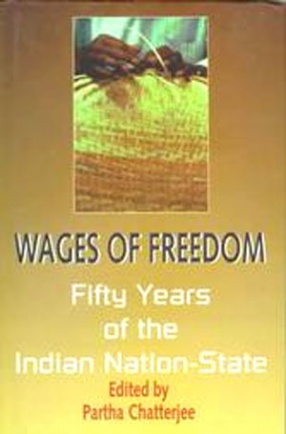

An accessible and fascinating story, this is one of the most riveting books of history ever written in the indian subcontinent. The retelling of the notoriously famous 'bhawal sannyasi case' --- one of india's best-known and most historic legal battles--- is narrative history of the finest kind.

Historians of Indian have lately been looking at the place of history in the country, both as an academic discipline and as a mode of public representation of the past. This book explores the status of regional and vernacular histories in relation to academic histories by professional historians. Was there history writing in India before the British? The stock answer to this question is 'no'. Other than the Rajatarangini of Kalhana, no ancient text adequately ...
